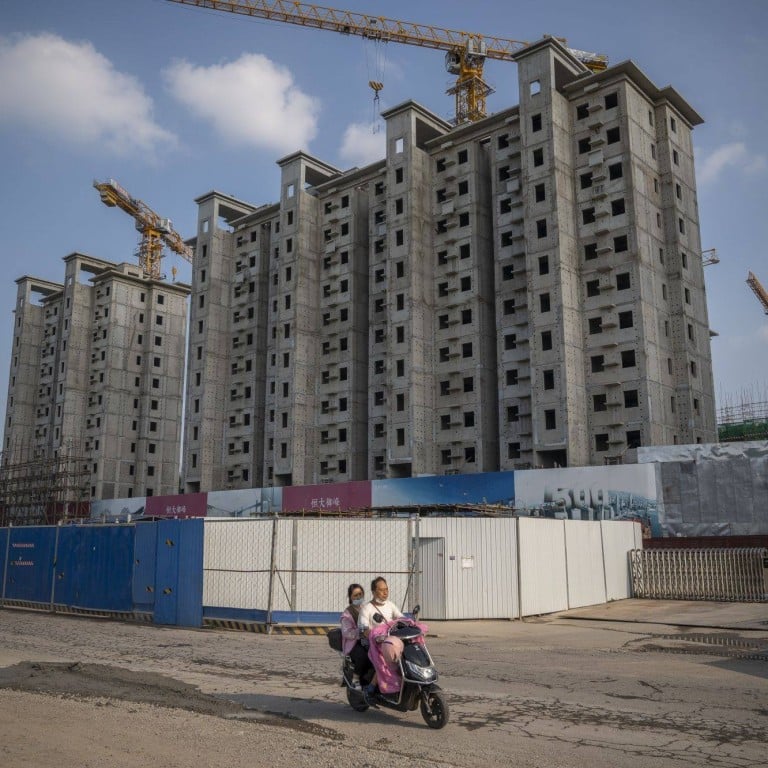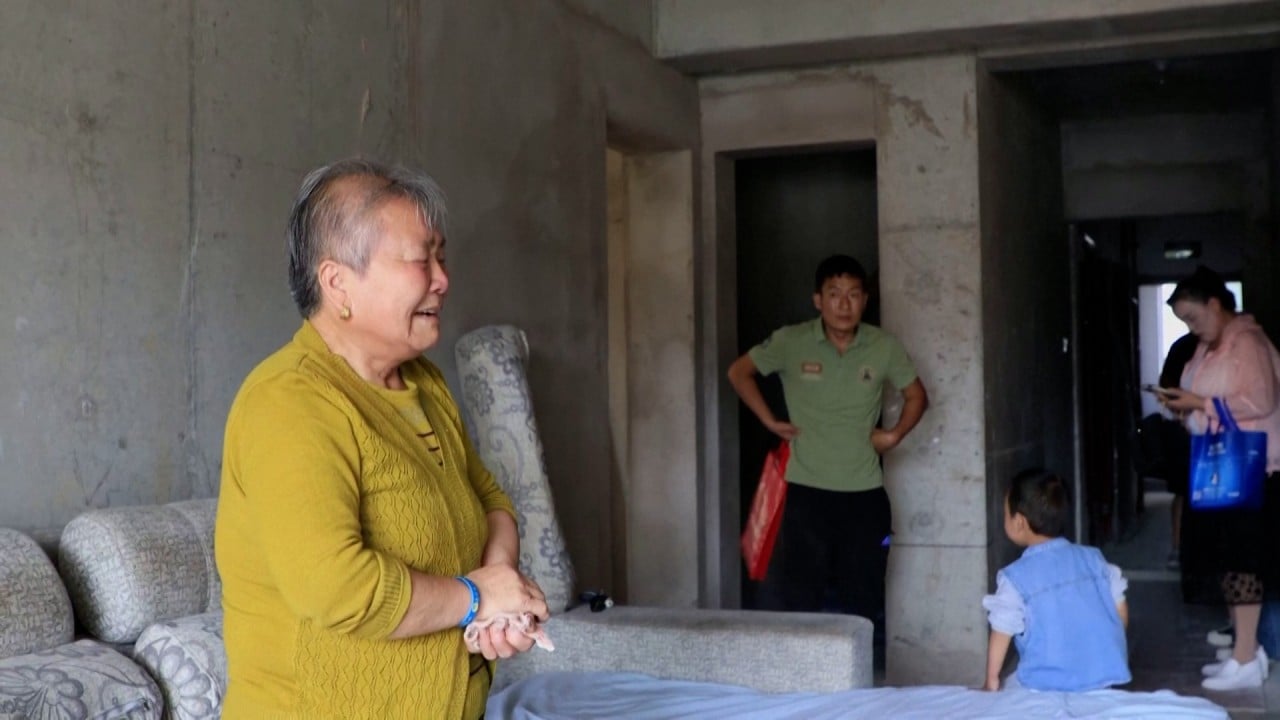
China seeks to bolster rental housing market amid property slowdown
- People’s Bank of China and the National Administration of Financial Regulation prioritise rental unit supplies in large cities to meet the needs of young workers
- Joint circular tells commercial banks to increase credit support for the development and construction of rental housing
Beijing has pledged more financial support for China’s home rental market in 2024, as the residential property sector slump continues and willingness to buy homes drops further.
The People’s Bank of China and the National Administration of Financial Regulation said in a joint circular released over the weekend that they would boost rental unit supplies in large cities, where home prices are far beyond the affordability of most young workers.
They also said authorities should facilitate supply-side structural reforms in the rental sector to ensure ample supply and affordable prices.
The goal is to revitalise existing housing stock
“[Financial support] should target the challenges of groups, such as new urban residents and young people, primarily in large cities,” the circular said.
“This involves supporting various entities in the construction, renovation and operation of long-term rental housing.
“The goal is to revitalise existing housing stock, effectively increasing the supply of both affordable and commercial rental housing.”
During its annual work conference on Friday, the central bank placed property issues in the “de-risking” category, parallel to debt restructuring and tackling the problems associated with small financial institutions.
Larry Hu, chief China economist at Macquarie Group, said that while Chinese households had built up precautionary savings since the coronavirus pandemic, they may not release their capital unless their expectations change.
UBS bets on China stock market rebound in 2024 with earnings, property recovery
“The bottom of the property market will depend on the timing of decisive policy action by the central government.”
The move over the weekend marked a change in government strategy, with more than 20 years of construction resulting in vacant homes and high debt in the housing sector.
China’s rental sector is also lagging far behind developed markets.
The joint circular also told commercial banks to increase credit support for the development and construction of rental housing, and offer loans for new construction or renovation of long-term rental housing.
The banks were also encouraged to diversify their financing channels, including the issuance of financial bonds, real estate investment trust funds and private capital.
Despite China’s all-around easing efforts from last year, the property crisis, highlighted by the fall of Evergrande Group and the struggles of Country Garden, continues to haunt the world’s second-largest economy.


